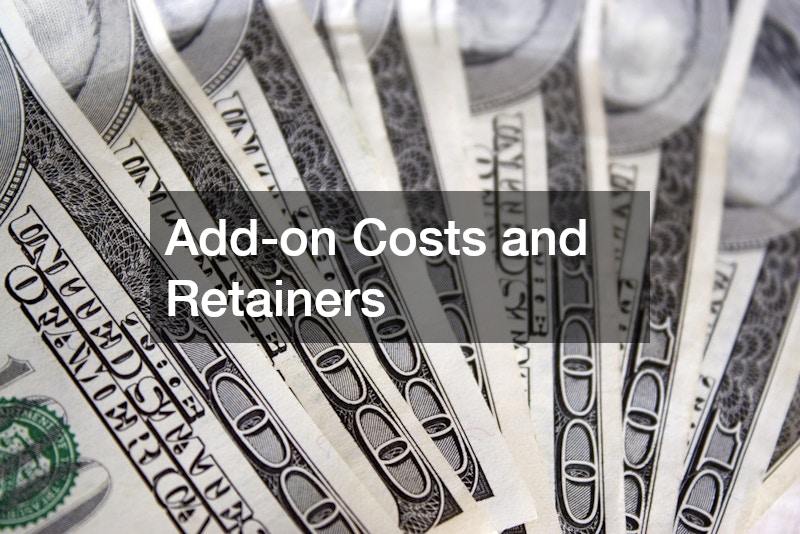How to Choose the Right Divorce Lawyer
What Qualifications Should a Divorce Lawyer Have?
Professional Certifications and Licensing
A divorce lawyer must have the necessary certifications and licenses that validate their ability to practice law. Before hiring, verify if the lawyer is in good standing with the state bar association and has the right credentials.
This ensures that they are legally capable of representing you in a court of law and are appropriately trained in legal ethics.
In addition to basic legal education, some lawyers pursue additional certifications in family law, which can be beneficial. These additional credentials testify to their specialized knowledge and commitment to family law disputes. When a lawyer holds such certifications, it often enhances their credibility and shows dedication to this legal specialty.
Experience in Family Law
The experience of a lawyer plays a crucial role in determining their effectiveness in handling divorce cases. A lawyer with years of practice in family law is likely more familiar with the nuances of divorce proceedings. Their experience allows them to anticipate challenges and employ strategies that achieve favorable outcomes.
Experience also provides a divorce lawyer with insights that can only be gained over time. Seasoned lawyers, having handled numerous cases, can share valuable advice specific to your situation. This accumulated knowledge can significantly impact how efficiently and effectively your case is managed.
Track Record and Client Reviews
Evaluating a lawyer’s track record and client testimonials is essential in assessing their reliability and effectiveness. A robust track record can highlight a lawyer’s capability to handle various divorce scenarios successfully. Client reviews often provide insight into the lawyer’s competence and client-handling skills beyond courtroom dealings.
When researching client testimonials, focus on comments about the lawyer’s communication, professionalism, and ability to secure desirable outcomes. You might find some lawyers frequently praised for their empathetic approach and capacity to negotiate favorable settlements. Understanding previous clients’ experiences can play a pivotal role in shaping your decision to hire a particular lawyer.
How Do I Assess a Lawyer’s Communication Style?
Initial Consultation and Responsiveness
The initial consultation with a lawyer serves as an introduction to their communication style and responsiveness. During this meeting, assess how attentively the lawyer listens to your concerns and answers your questions. A lawyer who takes the time to understand your situation thoroughly is likely to be more effective in their representation.
This initial meeting also sets the expectation for future interactions. A responsive lawyer is prompt in returning calls and emails, ensuring that you stay informed throughout the divorce process. Consistent communication is crucial to building a strong attorney-client relationship, where trust and reliability play pivotal roles.
Evaluate how well the lawyer outlines their strategies and explains legal jargon. It is important that you clearly understand each step in the process and feel comfortable discussing sensitive topics openly. A clear and transparent communication style can reduce anxiety and create a collaborative environment to address your legal needs.
Transparency and Honesty
Transparent communication is a cornerstone of a successful lawyer-client relationship. A divorce lawyer should be upfront about potential outcomes, even if they’re not what you want to hear. Honest conversations help set realistic expectations and prepare you for all possibilities during the divorce proceedings.
Transparency also extends to discussing legal strategies and advice. A lawyer who openly explains the reasoning behind their recommendations empowers you to make informed decisions. By fully understanding the pathway and different scenarios, you are better prepared to tackle challenges as they arise.
Confirm the lawyer’s willingness to discuss both strengths and weaknesses in your case. Openness creates a partnership based on trust, where decisions are made collaboratively. This transparent approach helps ensure that every step taken is ethical, legal, and in your best interest.
How Much Does Hiring a Divorce Lawyer Cost?
Understanding Fee Structures
Diving into fee structures is crucial in understanding how the cost of a divorce lawyer will impact your budget. Divorce lawyers may charge by the hour, offer flat fees for certain services, or operate on a retainer basis. Each structure has its own advantages and influences your overall legal expenses.
Hourly rates are common and typically depend on the lawyer’s experience and region. A more experienced lawyer may charge higher rates but also offer quicker resolution thanks to their experience. Flat fees, conversely, can offer predictability in billing, reducing anxiety about spiraling costs.
Add-on Costs and Retainers
Potential add-on costs and retainers are critical expenses to consider when hiring a divorce lawyer. Retainers act as an initial payment and a security deposit against future services rendered, usually reserved for future billing through hours worked. Understanding how your retainer is spent and replenished is vital to managing your finances.
Be aware of possible additional fees, such as filing fees, court costs, or expenses for external services like mediation. Clarify these costs upfront to avoid surprises that could disrupt your financial planning. Transparency with your lawyer regarding all potential expenses reinforces trust and prepares you for the financial journey.
Ask your lawyer about how they handle billing for their time and additional costs. This conversation helps establish parameters for any unanticipated expenses that might arise. A clear, thorough agreement will make it easier to manage your expectations and ensure that costs do not exceed your ability to pay.
.



Post Comment